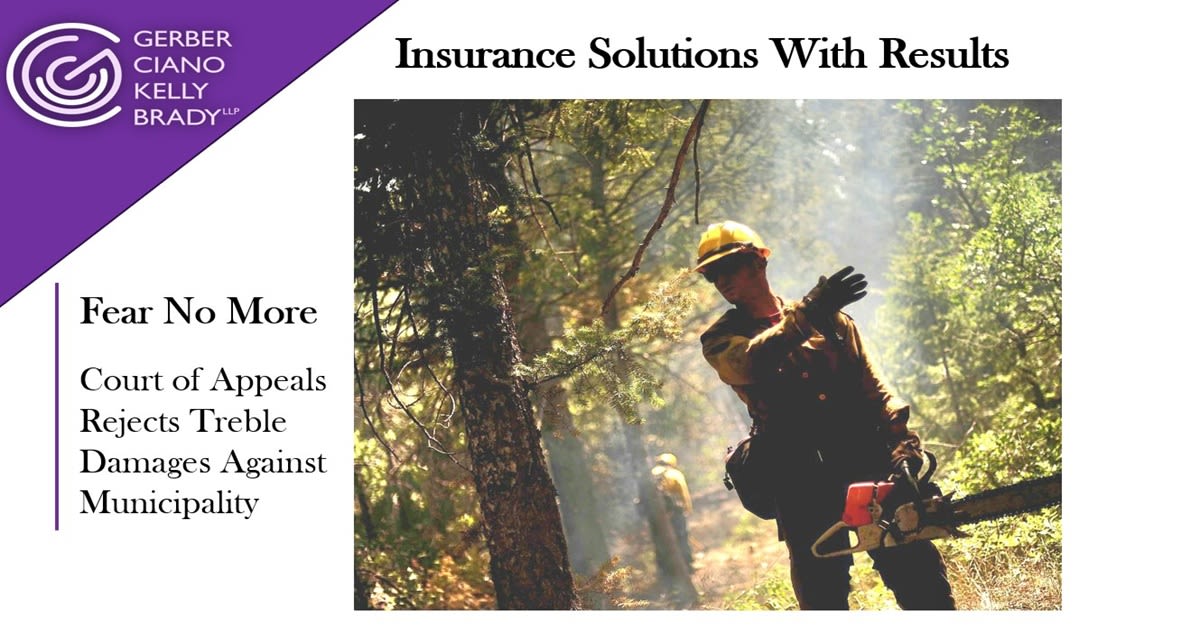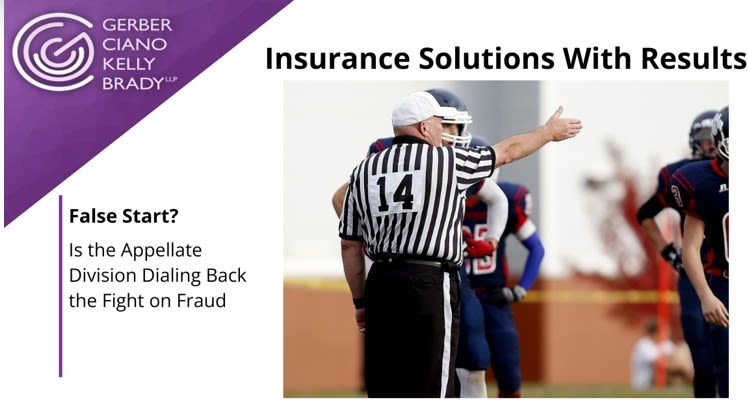
The New York Court of Appeals recently addressed whether treble damages can be assessed against a municipality. In Rosbaugh v Town of Lodi, the Court concluded that even though a statute—here RPAPL 861—provided for treble damages, a court cannot assess that category of damages against a municipality. The following discussion addresses the tension between a statute that allows a certain category of damages and the deference courts afford municipalities.
In Rosbaugh, The Town of Lodi determined that certain trees on plaintiffs' property posed a hazard to travelers on an adjacent unpaved road. Despite plaintiffs' objections, the Town hired a tree service to remove or trim 55 trees, believing they were within the right-of-way. Plaintiffs sued for damages, including treble damages under Real Property Actions and Proceeding Law (RPAPL) 861. RPAPL 861 provides for treble damages for anyone who “cuts, removes, injurers or destroys” trees without the consent of the owner. An arbitrator awarded plaintiffs damages, including treble the "stumpage value" of the trees. The Supreme Court confirmed the award, and the Appellate Division affirmed in a split decision.
The New York Court of Appeals reversed. The Court held that treble damages under RPAPL 861 serve a punitive function because they exceed actual losses, are designed to deter wrongful conduct, and are mitigated by a defendant’s good faith. The Court compared these damages to traditional punitive damages, which cannot be imposed on public entities because they do not serve the same deterrent purpose as they would against private actors (Sharapata v. Town of Islip, 56 NY2d 332 [1982]). The Court also cited Clark-Fitzpatrick, Inc. v. Long Island R.R. Co., 70 NY2d 382 (1987), which reaffirmed that public funds should not be used to pay punitive damages.
Here Are 3 Key Takeaways for Municipal Claims Adjusters:
Municipalities are immune from punitive and treble damages: as this case demonstrates, courts will not allow treble damages against municipalities where those damages are punitive rather than purely compensatory.
Statutory interpretation must be considered: even when a statute does not explicitly call damages “punitive,” courts will analyze their function—if they punish or deter, they are likely to be deemed punitive.
Precedential value of Hausbaugh: this ruling aligns with Sharapata and Clark-Fitzpatrick, ensuring that punitive damages are off-limits in municipal liability cases, much to plaintiff’s attorneys disappointment.
Here is the practical impact of the Court of Appeal’s decision: municipalities who are presented with claims under statutes providing for enhanced damages, such as treble damages, should argue that such damages are punitive and therefore barred. Adjusters handling municipal claims should focus on compensatory damages and challenge any attempt to impose enhanced damages under statutes like RPAPL 861.
Our team at Gerber Ciano Kelly Brady LLP has outstanding experience representing municipalities and have successfully represented municipalities at every level for practically every imaginable type of claim. Let us share our experience and assist you.
Should you have any questions, please contact:
Brendan Fitzpatrick, Partner
Thomas Bona, Partner


